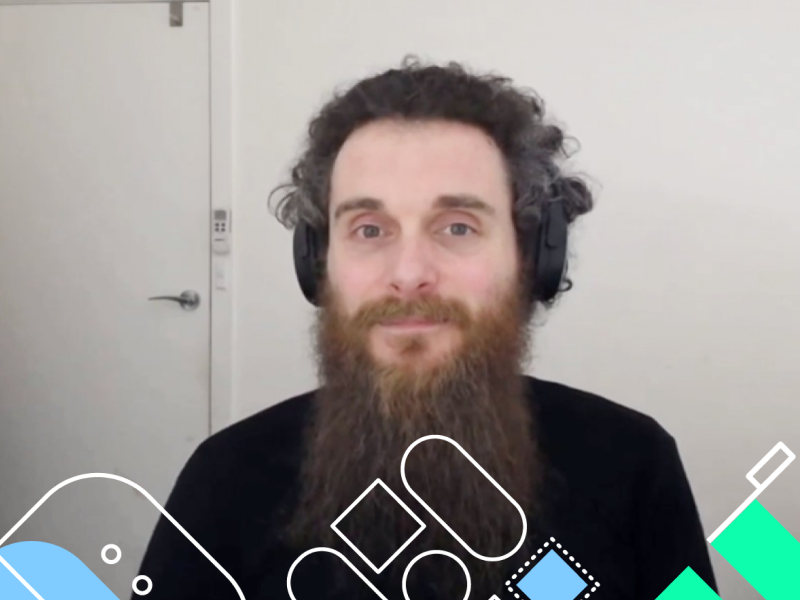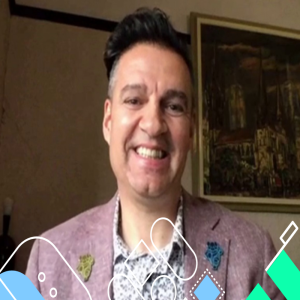Phillip Dawson | Associate Director, Centre for Research in Assessment and Digital Learning at Deakin University
In this video, A/Prof. Phillip Dawson discusses his role at Deakin University surrounding student assessments and assessment feedback, with particular emphasis on assessment security, which has gained additional relevance in the pandemic era.
Focused on mitigating the risk of student cheating and taking countermeasures when it does occur, Phillip defines what assessment security actually is, its relationship with academic integrity measures, and its application in the rapid shift to remote learning that institutions are currently grappling with.
He applies a pedagogical lens to the use of emerging technologies designed to validate remote assessment; namely, exam proctoring and the use of remote invigilated exams. In evaluating these tools and other remote assessment strategies, Phillip touches on issues of efficacy and privacy. He also questions authentic assessment design in itself, as preventing intentional and contract cheating, and looks to the concept of ‘authentic restrictions’ as a method of mitigating student dishonesty.
Phillip advocates for an institutional culture around assessment security so that it’s not merely a case of educator awareness, but active curiosity. Cautioning against a fixation on micro practices, he suggests a culture will encourage educator investment and skill development to identify breaches more effectively and yield solutions that benefit both students and teachers.
Finally, Phillip covers the importance of robust feedback that inspires action, stipulating that student feedback is only effective when there are effects, and shares insights from his book on defending assessment security in a digital world.




